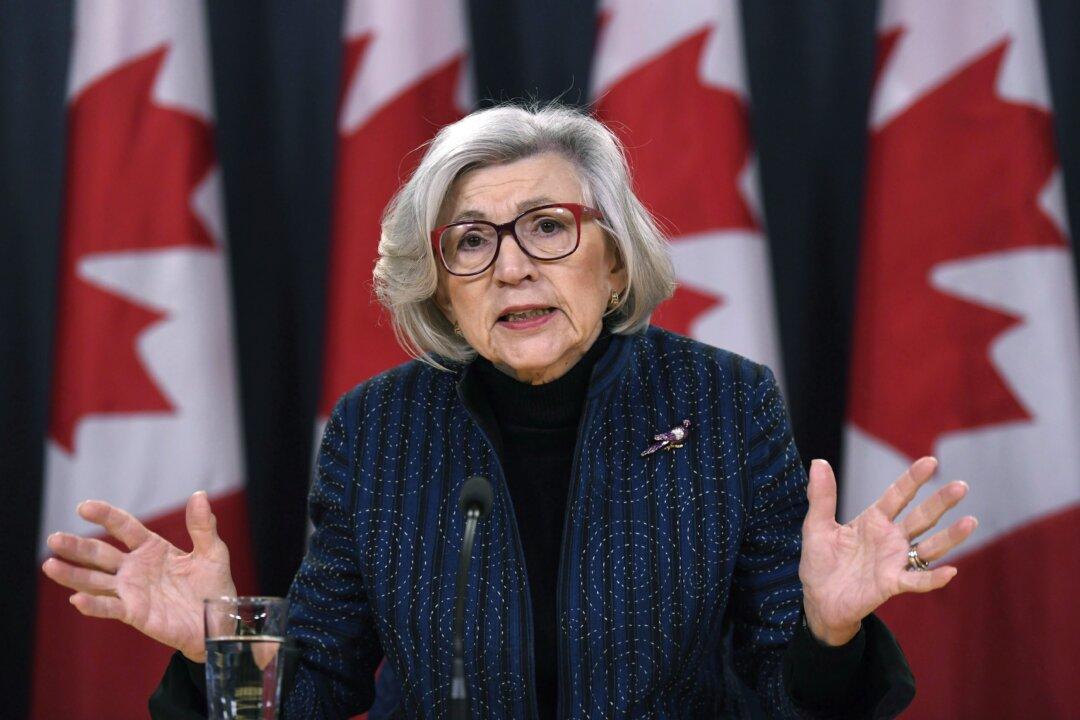Former Supreme Court of Canada chief justice Beverley McLachlin is drawing flak for continuing to sit as a judge on Hong Kong’s highest court.
Two British supreme court judges and one from Australia resigned from the Hong Kong Court of Final Appeal (HKCFA) in light of the National Security Law (NSL) imposed by Beijing on the territory that observers say threatens civil liberties. But McLachlin and other Hong Kong-appointed international judges have remained.





